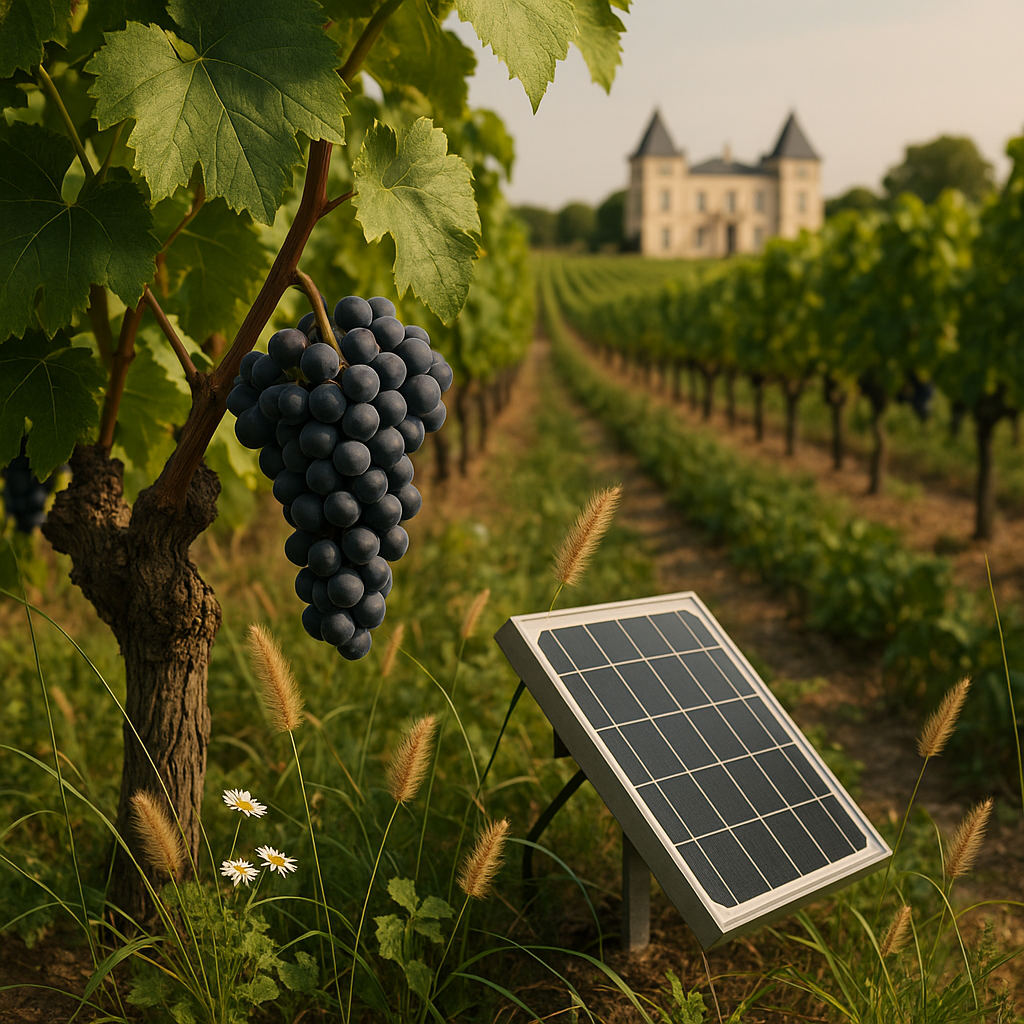
Sustainable viniculture at 2022 Leoville Barton
Share
Introduction to Sustainable Viniculture
Sustainable viniculture is not merely a trend; it is a necessary evolution in the wine industry that seeks to harmonize agricultural practices with environmental stewardship. At the heart of this movement lies the commitment to preserving the delicate ecosystems that vineyards inhabit. By employing organic farming techniques, minimizing chemical inputs, and enhancing biodiversity, winemakers are not only improving the quality of their grapes but also safeguarding the land for future generations. The 2022 vintage at Leoville Barton exemplifies this commitment, showcasing how sustainable practices can yield exceptional wines that reflect their terroir. The estate has embraced innovative approaches, such as cover cropping and integrated pest management, which not only bolster soil health but also promote a balanced ecosystem. This holistic approach ensures that every bottle of wine carries with it a story of care and responsibility, inviting consumers to participate in a greater narrative of sustainability and appreciation for the natural world.
Practices and Innovations at Leoville Barton
At Leoville Barton, sustainability is not merely a trend but a deeply ingrained philosophy that permeates every aspect of their winemaking process. The estate has embraced innovative practices that prioritize ecological balance while enhancing the quality of their wines. One notable initiative is the implementation of precision viticulture, utilizing advanced technologies such as drone mapping and soil sensors. This approach allows for meticulous monitoring of vineyard conditions, enabling targeted interventions that optimize water usage and reduce chemical inputs.
Additionally, Leoville Barton has committed to organic farming methods, fostering biodiversity and promoting soil health. By planting cover crops and encouraging natural pest predators, the estate nurtures a resilient ecosystem that thrives without excessive reliance on synthetic fertilizers or pesticides. This holistic approach not only enhances the terroir but also contributes to the overall vitality of the vineyard.
Through these practices, Leoville Barton exemplifies how tradition and innovation can coexist harmoniously, paving the way for a sustainable future in viniculture.
Impact and Future of Sustainability in Wine Production
The impact of sustainability in wine production is profound, reshaping not only the vineyard practices but also the entire wine industry landscape. As consumers increasingly prioritize environmentally friendly products, wineries are responding by adopting innovative practices that minimize their ecological footprint. This shift is evident in the incorporation of organic farming techniques, water conservation strategies, and the reduction of chemical inputs, all aimed at fostering biodiversity and preserving the delicate ecosystems surrounding vineyards.
Looking ahead, the future of sustainable viniculture appears promising. With advancements in technology, such as precision viticulture and drone monitoring, winemakers can optimize resource use while enhancing grape quality. Furthermore, the growing collaboration among producers to share sustainable practices and research is paving the way for a more unified approach to environmental stewardship. As sustainability becomes ingrained in the culture of winemaking, it not only ensures the longevity of the industry but also enriches the consumer experience, creating wines that reflect a commitment to both quality and the planet.
